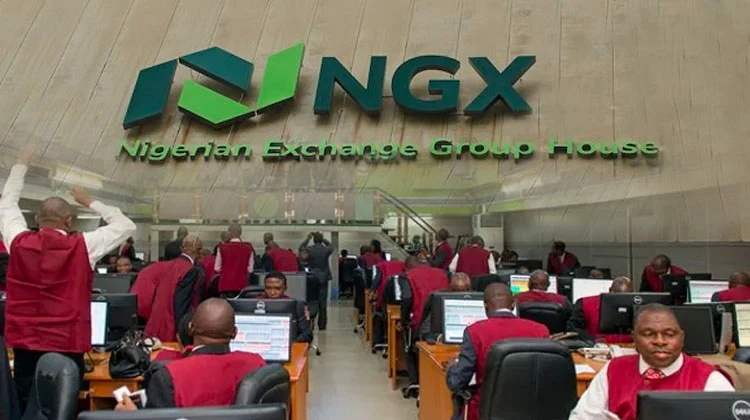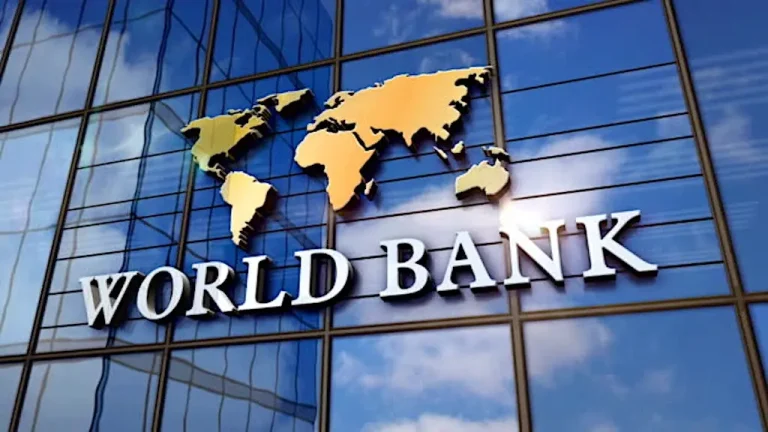
Nigeria’s leading Tier-1 banks rode on the back of a steep interest rate environment to post a combined N11.15 trillion in interest income in the third quarter of 2025, representing a robust 27.3 per cent increase over the N8.76 trillion recorded in the corresponding period of 2024.
Some of the five financial powerhouses: Access Holdings Plc, Zenith Bank Plc, Guaranty Trust Holding Company Plc (GTCO), and United Bank for Africa Plc (UBA), reported double-digit growth in earnings from loans, advances, and investments, buoyed by the Central Bank of Nigeria’s (CBN) sustained monetary tightening.
The apex bank kept the Monetary Policy Rate (MPR) at a record 27.5 per cent through most of the quarter before trimming it slightly to 27 per cent in late September.
According to data compiled by THISDAY, Access Holdings led the chart with N2.9 trillion in interest income, up 21.1 per cent from N2.4 trillion in Q3 2024.
Zenith Bank followed closely with N2.74 trillion, reflecting a 41 per cent surge from N1.95 trillion a year earlier. UBA and GTCO recorded N1.98 trillion and N1.23 trillion, respectively, translating to 10.08 per cent and 26 per cent growth over the same period in 2024.
Market analysts attribute the earnings boost essentially to the CBN’s hawkish stance, which has pushed up lending rates and returns on fixed-income instruments. In a note to THISDAY, investment banker and stockbroker Tajudeen Olayinka said the elevated interest rate environment reflects the central bank’s deliberate strategy to attract forei
gn portfolio inflows, shore up external reserves, and stabilise the naira.
“The continued repricing of securities across markets has lifted yields on loans and advances,” he noted, adding that “a high-interest regime will remain with us until the CBN meets its exchange rate and inflation objectives.”
However, Olayinka cautioned that the policy could have fiscal and inflationary side effects.
“Its sustainability will guide the CBN’s next moves,” he said.
“The government’s rising debt service burden and its ripple effect on inflationary pressure are signs that the current rate strategy may not be sustainable in the long run.”
Financial analysts expect the central bank to tread cautiously in the coming quarters, as Fitch Ratings recently projected continued monetary tightening to curb inflation and stabilise real interest rates, which remain negative. Yet, as Fitch warned, “Without further sizable tightening, macroeconomic stability may prove elusive.”
For now, Nigeria’s Tier-1 banks appear to be the biggest winners in a policy environment where high rates have turned credit and investments into gold.
Kayode Tokede



